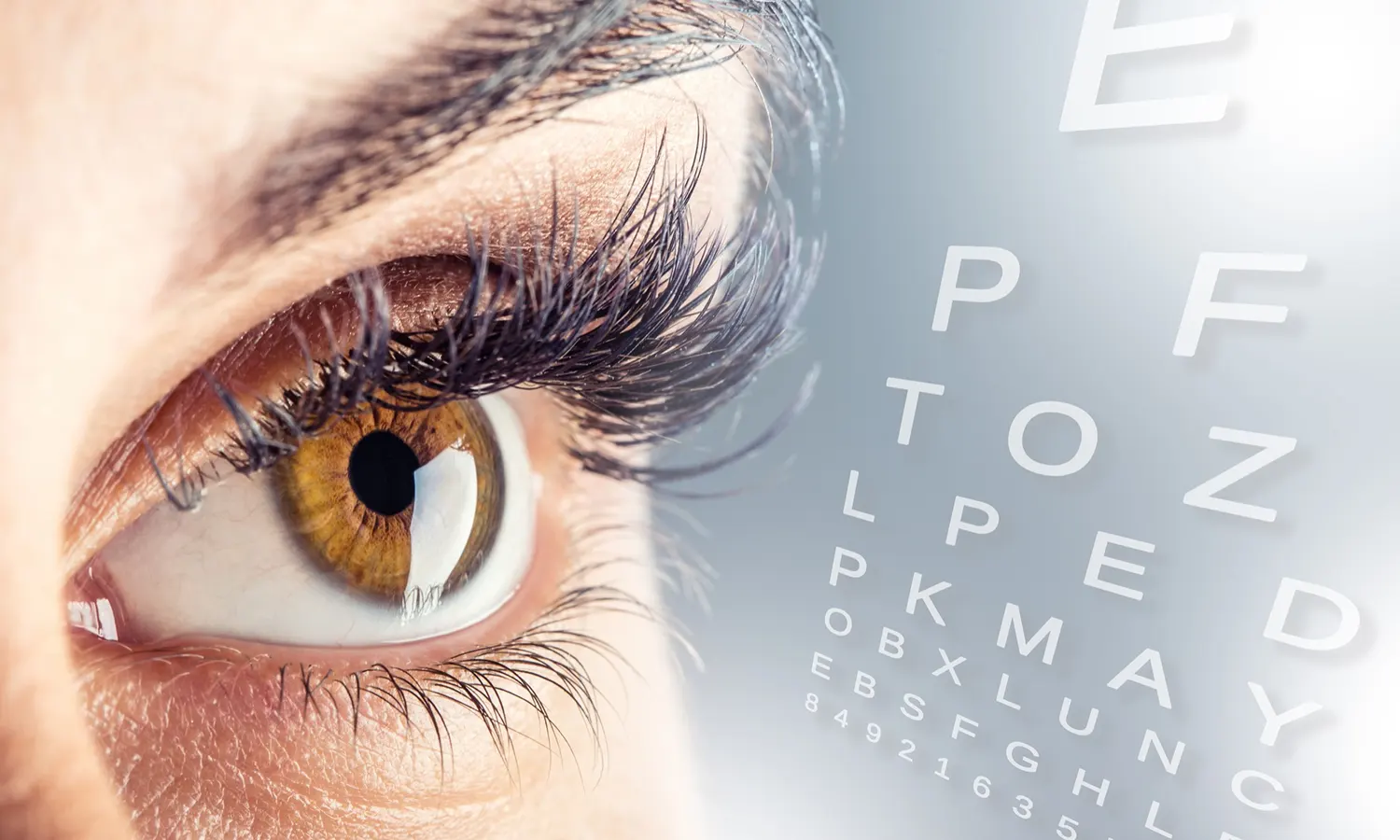- Call Today +90 537 762 59 24
- Open Hour Open 24 Hours

At Koru Hospital, our facility offers a comprehensive range of services dedicated to promoting eye health through cutting-edge diagnostic methods and treatment applications. Our skilled specialists effectively address a wide spectrum of eye disorders, from childhood ailments to advanced conditions, utilizing state-of-the-art equipment.
Diabetic retinopathy, a complication of diabetes, results from high blood sugar damaging the retina. The condition poses a significant health risk if left untreated. Timely diagnosis is crucial to mitigate this risk, as diabetic retinopathy may take several years to impact sight. If you are diabetic and over 12 years old, take preventive measures by:
Vitrectomy is a surgical intervention involving the removal of the vitreous humor gel from the eye cavity, facilitating easier access to the retina. The objective is to enhance the patient's retinal health by addressing issues such as scar tissue removal and laser repair of retinal detachments. Advances since the 70s have led to the use of smaller and thinner equipment in this procedure. In some cases, silicon oil may be injected post-operation to stabilize the retina.
Lazy eye, or amblyopia, manifests as weakened vision in one eye due to abnormal vision development in childhood, typically occurring from birth to seven years old. Early diagnosis is crucial to prevent the development of lazy eyes, with factors like family history and premature birth contributing to its occurrence. Recognize symptoms such as eyes not working together, poor perception, head tilting, or abnormal vision screening results, and promptly consult a doctor if you observe your child's eye wandering after two or three weeks from birth.
Cataract surgery involves replacing the natural lens with an artificial one, lasting approximately 30 to 45 minutes. Aging is the primary factor affecting cataracts, leading to impaired vision over time. If cataracts interfere with your daily life and quality of life, consider cataract surgery for clear vision.
Laser eye surgery, or laser eye correction, reshapes the cornea using laser technology to correct vision issues such as short-sightedness, long-sightedness, and astigmatism. Recommended for individuals over 18 years old, there are three types of laser surgery: Lasik, Smile, and surface laser treatments, each catering to specific needs.
Yellow spot disease, also known as age-related macular degeneration, affects the middle part of vision and is age-related, commonly afflicting those in their 50s and 60s. It hampers daily activities, including reading and recognizing people. Treatment depends on the type:
Glaucoma comprises eye conditions damaging the optic nerve, often due to elevated eye pressure. Treatment aims to slow or prevent vision loss and includes eyedrops and various surgeries. Regular visits to an eye doctor are crucial for potential additional treatments, even with normal eye pressure.
© 2026 Copyright by Private Koru Hospital. All rights reserved.
